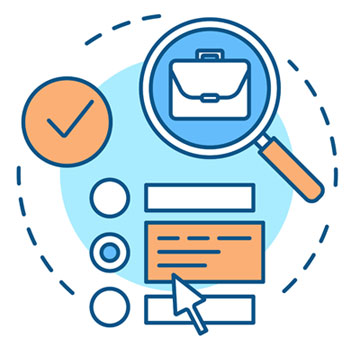So you’re ready to apply for your first QA job. Or maybe you’re already in QA, but looking to start at a new company. Where do you begin? The first step is putting together a stellar resume and LinkedIn profile. And the best part is, you don’t need years of job experience to do so. Read on for our resume advice for QA testers.
Do You Really Need a LinkedIn Profile and a QA Resume?
In a word, yes. There are some careers where a LinkedIn profile might not be necessary. But a LinkedIn profile can provide invaluable job and networking opportunities in the world of tech.
Which Do You Start With?
It only takes five minutes to register on LinkedIn, so it’s an easy first step. And if someone wants to add you, you’ll have a link to give them even before you add profile details. However, when it comes to completion, it’s more important to finish your resume first.
Although it’s beneficial to have one, you can still apply to many jobs without a LinkedIn profile. The same can’t be said of a resume. Continue reading →





 Manual Testing
Manual Testing
 Taking QA Careers From Junior to QA Lead to QA Manager
Taking QA Careers From Junior to QA Lead to QA Manager






 Smoke Testing Examples
Smoke Testing Examples
 What is the Internet Conference?
What is the Internet Conference?
 What is Manual Testing?
What is Manual Testing?
 Communication
Communication